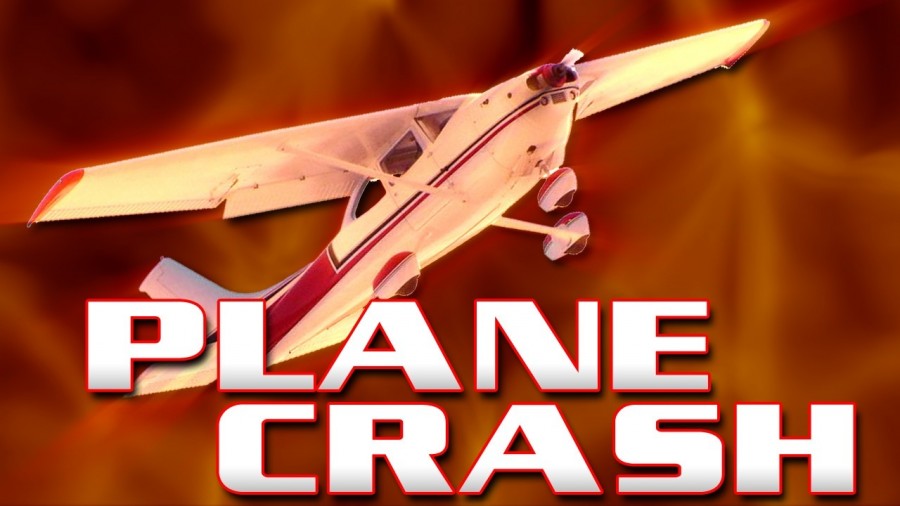The Havilland Dash 8 was flying over the western Caribbean when it lost radio contact with the U.S.-sponsored multinational task force in Key West, Florida that runs drug interdiction in region, the U.S. military said.
Such planes typically track speedboats that smuggle cocaine from Colombia north into Central America and the Caribbean but U.S. Southern Command spokesman Lt. Cmdr. Ron Flanders said he did not have details on the mission.
It was not immediately clear if the Americans aboard were all military contractors, although Southcom did say that plane was contracted by the U.S. government.
The twin-engine turboprop plane went down near the city of Capurgana close to the border with Panama.
The two injured Americans were rescued by Colombian soldiers and taken to a hospital in the capital, Bogota, Southcom said. The names of the Americans were withheld pending notification of next-of-kin.
Gen. Nicasio de Jesus Martinez, commander of the Colombian army's Brigade IV whose troops traveled to the accident scene, ruled out the possibility that the plane was shot down by rebels active in Colombia.
``There was no aggression, no impact,'' said Martinez, adding that it was too soon to know if the crash was caused by mechanical failure, human error or the weather. Southcom also said there was no indication the plane was shot down.
The region where it crashed is mountainous jungle and rebels of the Revolutionary Armed Forces of Colombia, or FARC, operate there along with drug traffickers.
Local farmers reported that the plane went down at about 1 a.m. in a rural part of the municipality of Acandi, said Mayor Gabriel Jose Olivares. Capurgana is in the municipality of Acandi.
Carlos Ivan Marquez, chief of Colombia's national office for disaster response, said the surviving Americans had injuries including multiple bone fractures and burns over at least 40 percent of their bodies.
Panama's National Air Service identified the deceased Panamanian guardsman as Lt. Lloyd Nunez.
Santiago Castro, director of Colombia's Civil Aviation agency, said the plane wasn't civilian so he couldn't provide details about its route, origin or destination.
The plane was contracted to provide detection and monitoring of drug trafficking routes in the coastal region of Central America as part of Operation Martillo, Southcom said.
``We express our sympathies to the families of the deceased, and are particularly saddened by the loss of a Panamanian Air National Guardsman,'' said Gen. John Kelly, commander of U.S. Southern Command. ``We also want to thank the Colombians for their outstanding rescue and recovery efforts.''
Operation Martillo (Hammer) is part of the $165 million, U.S.-led regional security initiative that focuses on the seas off Central America, key shipping routes for 90 percent of the cocaine headed to the U.S. Fourteen countries participate: Belize, Canada, Colombia, Costa Rica, El Salvador, France, Guatemala, Honduras, the Netherlands, Nicaragua, Panama, Spain, United Kingdom and the United States. Chile has also contributed to the operation.

http://accesswdun.com/article/2013/10/266404
